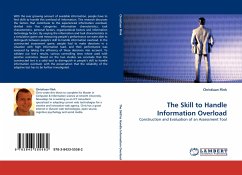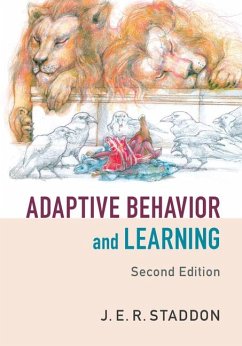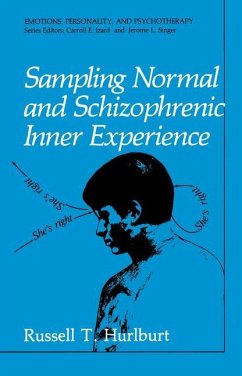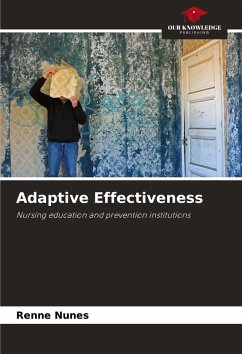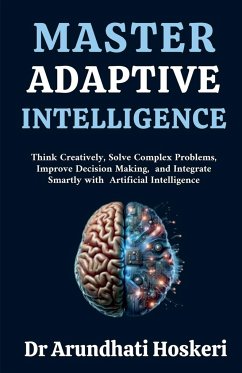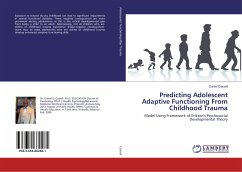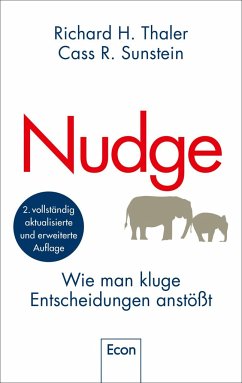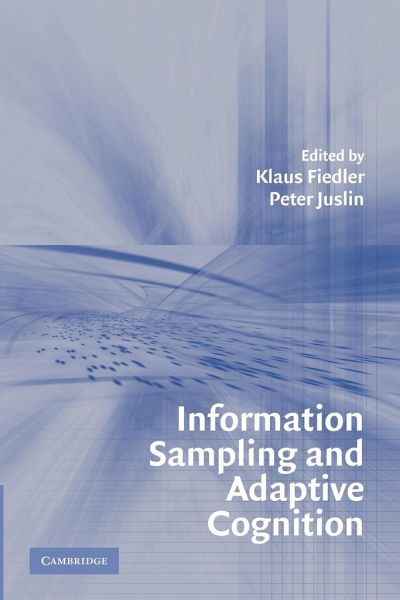
Information Sampling and Adaptive Cognition
Versandkostenfrei!
Versandfertig in 1-2 Wochen
49,99 €
inkl. MwSt.
Weitere Ausgaben:

PAYBACK Punkte
25 °P sammeln!
A 'sample' is not only a concept from statistics that has penetrated common sense but also a metaphor that has inspired much research and theorizing in current psychology. The sampling approach emphasizes the selectivity and the biases that are inherent in the samples of information input with which judges and decision makers are fed. As environmental samples are rarely random, or representative of the world as a whole, decision making calls for censorship and critical evaluation of the data given. However, even the most intelligent decision makers tend to behave like 'näive intuitive statist...
A 'sample' is not only a concept from statistics that has penetrated common sense but also a metaphor that has inspired much research and theorizing in current psychology. The sampling approach emphasizes the selectivity and the biases that are inherent in the samples of information input with which judges and decision makers are fed. As environmental samples are rarely random, or representative of the world as a whole, decision making calls for censorship and critical evaluation of the data given. However, even the most intelligent decision makers tend to behave like 'näive intuitive statisticians': quite sensitive to the data given but uncritical concerning the source of the data. Thus, the vicissitudes of sampling information in the environment together with the failure to monitor and control sampling effects adequately provide a key to re-interpreting findings obtained in the last two decades of research on judgment and decision making.





